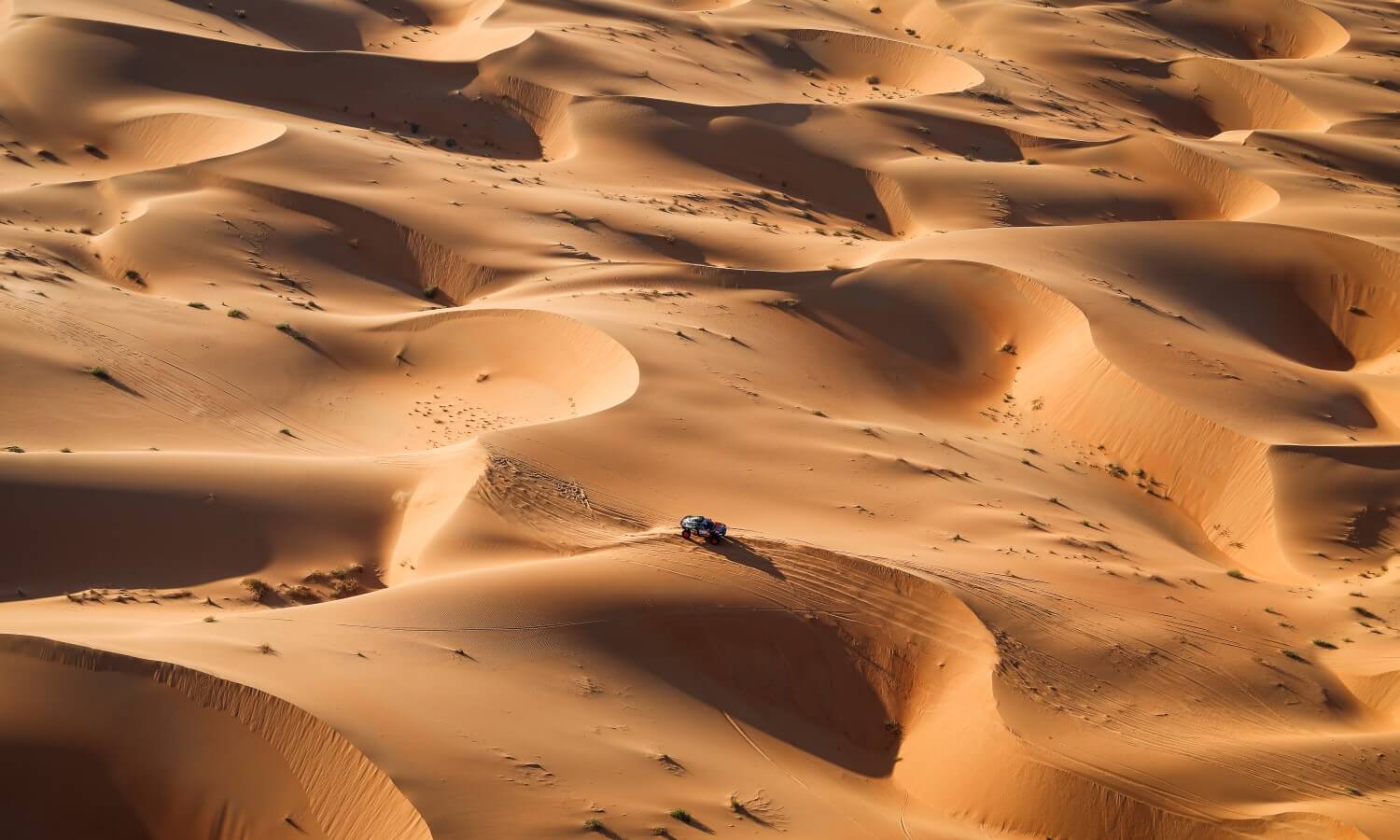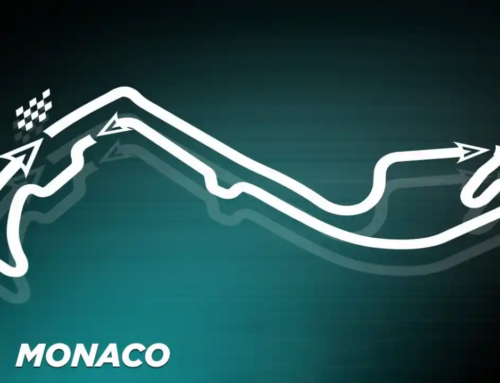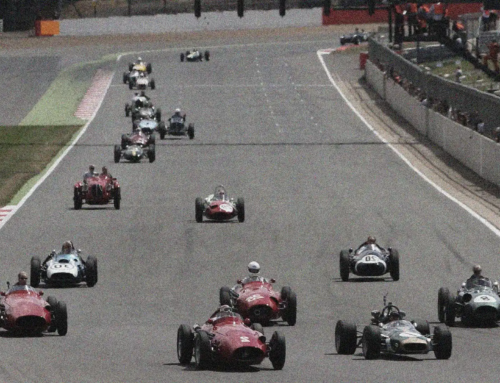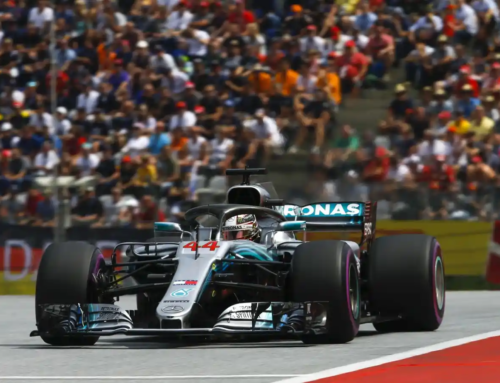It was a comment from a former racing driver, an ex-SA champ, on social media: Dakar is so exciting. Love it. That got me thinking, what is the allure of the Dakar? Dakar, of course, refers to the famous off-road race, the Dakar Rally and not the capital city of Senegal from which it takes its name. No offence to Senegalese readers, but I’ve not visited that part of the world, so I shall reserve comment until I do.
Follow Double Apex on Instagram and Facebook where we share more car content.
Long Standing
The Dakar Rally is in its 46th year, a pretty handy achievement for any event, let alone one that has zig-zagged across the planet in search of a home. What started as a race from Paris to Dakar. Then a trek from Paris to Cape Town (remember that?), which had a brief South American fling. It now finds a new home entirely within the borders of Saudi Arabia. This rally raid event is considered the most gruelling of them all. Riders and drivers from around the world dream of competing in and just finishing the arduous event, just once. Many never do, while a very select group has tasted victory.
Click here to access more Dakar Rally content on our website.
How Bizarre?
But what led to the utterances of the former SA race ace that he loves Dakar? Why does the event have such a hold on the motoring world for two weeks every January? It seems odd that we (some of us anyway) are gripped by an event taking place so far away. We don’t get to watch the action live, the vehicles are far removed from anything we know and the speeds are in no way comparable to other forms of racing. You are more likely to finish with a flat wheel than register 1G of grip, so there isn’t a high-speed cornering aspect to the racing action. I gave it some thought, and I think I know why.
Human Factor
Sport as a form of entertainment grips us for a few reasons. There are heroes and villains. There is the human factor. And, most importantly, there is uncertainty. And that is what keeps sports fans returning to their screens or local arenas every week to watch their heroes. Humans are fallible, which introduces a level of uncertainty to proceedings. It’s the reason the best bowlers in the world can overstep the mark at a critical moment in cricket game. It’s why tennis champions can serve a double fault when on match point. And the same reason a pro golfer can misjudge a shot over a lake when leading by two shots. And this uncertainty is what makes sport so interesting and compelling.
Translating to Motorsport
The last two seasons of Formula One were a relative snorefest. Even die-hards will have to agree with that sentiment. There was little in the way of uncertainty. The sport is so well modelled, so choreographed that any team could probably tell you the mostly likely outcome of a race once qualifying is over. The same can’t be said for MotoGP, and certainly not for Moto3 where the leader of any lap isn’t likely to remain so for a long time and it’s near impossible to predict the winner of any race. It is that same uncertainty that makes the Dakar Rally so interesting.
The Great Unknown
There are so many unknowns, so many factors at play, things that can go wrong… and usually do in the two weeks of racing across the harshest terrain on earth. Racecars are made by a variety of teams and consist of thousands of parts, a mechanical uncertainty. The routes (course) aren’t known to the racers before the day of racing begins, a locational uncertainty. And there is a variety of terrain, which can lead to all sorts of issues.
Factor in the varying skill levels of the drivers and you have a truck-load of variables that can affect the outcome of any stage and the race as a whole. And that is why we follow the race so closely, nothing is certain over the course of two weeks of racing. We’re gripped by the possibility that a driver can break a vital suspension component or get lost on stage resulting in a few hours of time loss. We watch the timesheets anxiously as a rider falls, then gets up and slowly persists to the end of the stage. We lend moral support from afar to help push a fallen truck back on its wheels so it can continue racing.
These factors of uncertainty are what, I believe, creates the allure of the Dakar. And long may it last.






Very well written. You have captured the thoughts of every petrol head. I have followed the DAKAR since the first race and look forward to it every year, especially with the South African built and driven cars. Geniel is one of the best rally raid drivers in the world and we are all proud of his achievements. Keep up the best journalism in the motoring industry, I am your No 1 fan.